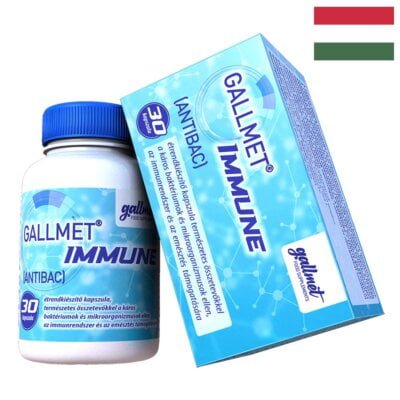Gram-negative versus Gram-positive bacteremia: which is more alarmin(g)?

Download - PDF
Abstract
Gram-negative bacteremia has been associated with severe sepsis, although the exact mechanism and pathophysiological diff erences among bacterial species are not well understood. In the previous issue of Critical Care, Abe and colleagues report results of a retrospective study that show a signifi cantly higher incidence of Gram-negative bacteremia among adult intensive care unit patients with septic shock than in those with sepsis or severe sepsis. In this study, C-reactive protein and IL-6 levels were signifi cantly higher in Gram-negative bacteremia than in Grampositive bacteremia. These observations suggest a distinct immunopathophysiologic behavior of sepsis in patients with Gram-negative bacteremia that may infl uence clinical outcomes. Future research exploring new biomarkers and danger signals and further characterizing diff erences in the virulence mechanisms between Gram-negative and Gram-positive bacteria appears promising and could lead to new therapeutics and to improved clinical outcomes.
Source: http://ccforum.com/content/14/3/161
Az oldal nyomtatásához kattintson az ikonra: [print-me]










